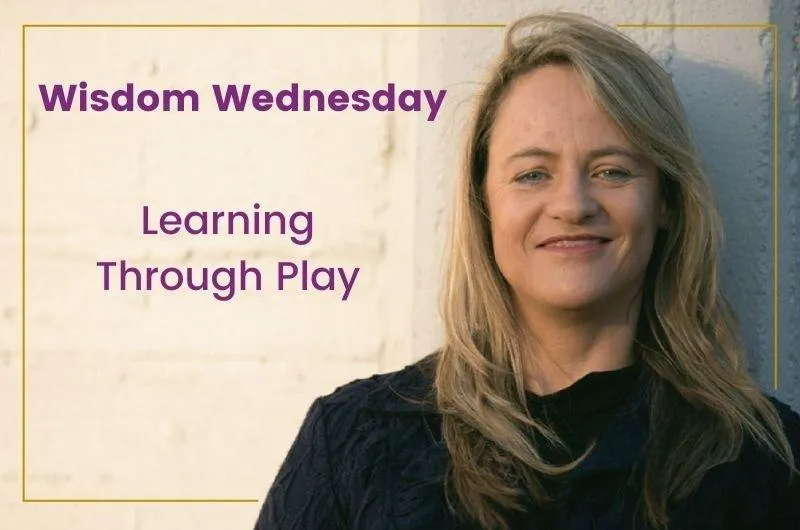
Wisdom Wednesday: Why Learn Through Play
Wisdom Wednesday: Why Learn Through Play
This month I talk about why learning through play is so important and the benefits it can have.
Read the show notes
Why learn through play?
Who doesn’t love to play? Free play for children is essential time.
Play helps them build their own stories and has been shown to improve:
Reading
Writing
problem solving
social skills
maths skills
Play is a wonderful way to help to nurture a child’s imagination and give them a sense of adventure.
Through play, they learn essential skills such as problem-solving, working with others, sharing a turn.
This helps them develop the ability to let off steam, learn new concepts, solve problems, and develop concentration.
Learning through play is the best way for us all to learn.
Children learn and develop faster through different types of play.
I am going to share 3 types with you, many of which I use when helping my students with their learning.
Learning through play is fun
Because it’s fun, children often become very absorbed in what they are doing and forget that they are actually learning, and the learning pathways stay open longer.
For example: in last month’s Wisdom Wednesday More than Games, we talked about the use of Battleships, Scrabble and Dragonolgy to teach many literacy and numeracy skills.
Play key points for years 0-4
Helps young children be ready for school.
Encourages their imagination.
Helps them with literacy and numeracy skills.
Role play games can help your child make sense of the world.
Aids in their physical emotional and development.
Outdoor play and nature helps your child learn about the world around them through their sensors.
3 types of play used in learning
Kinaesthetic Play
Manipulating sand and water is an early introduction to science and maths.
Learning that water is fluid, not solid, and that it can be measured in different sized containers.
Playing with dough or clay, drawing and painting pictures, dressing up, playing with dolls will encourage creativity, imagination and expression of feelings.
Object Play
Building blocks, jigsaws and shape sorters will help with recognising different shapes and sizes.
Putting things in order helps in developing logic and problem-solving.
Physical play
Playing ball games, swinging, riding a bike, exploring outdoors, dancing, running, climbing, jumping all help develop body movement, strength, flexibility and co-ordination skills.
Whatever type of play it is.
Whether drawing, sculpting, dancing or climbing, painting or acting out a make-believe situation, building castles in a sandpit or filling containers with water, playing alone or with others, play activities provide an essential platform for children to learn, discover, explore, questions and communicate.
Zoe